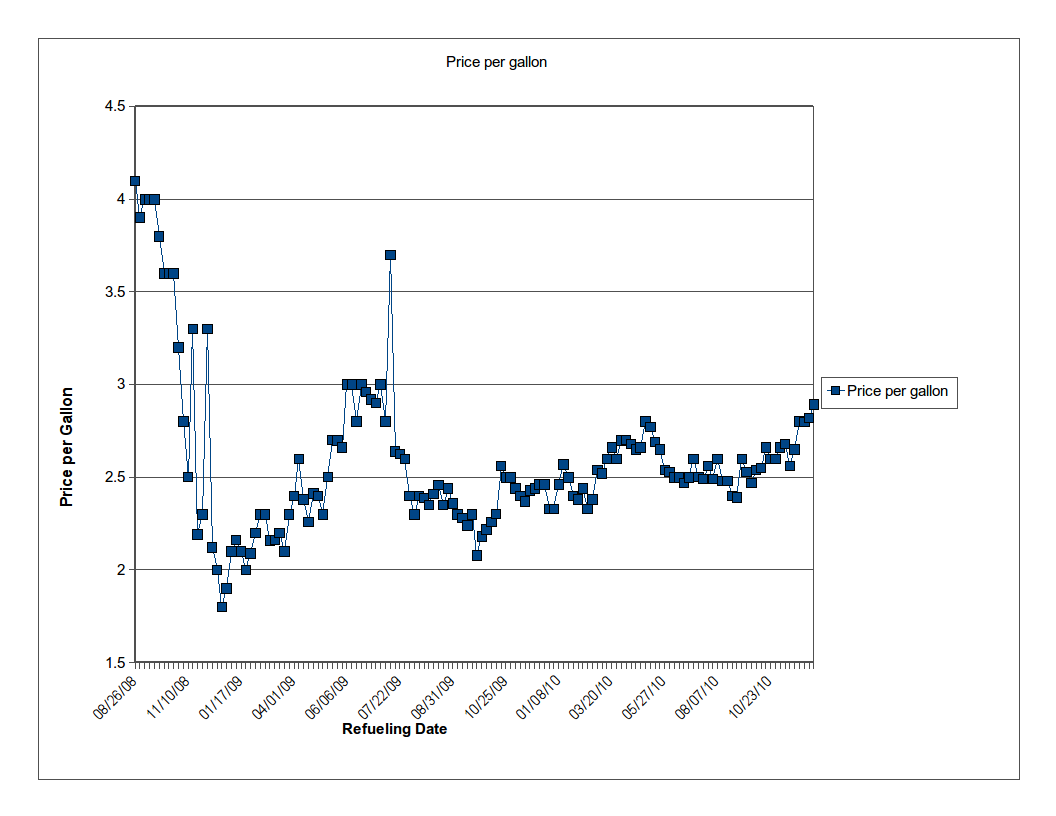When Galileo Galilei composed his treatise on cosmology, collecting his own many observations of the natural world into a coherent argument, he chose to present the work as a dialogue among three men. One of them, Salviati, spoke for Galileo, and the other two (Sagredo and Simplicio) represented the voices of other parties, such as his competitors or the Vatican. Tossing strong opinion and politics into the mix, Galileo put the words of the Vatican into his character, Simplicio. The Pope at the time, a friend of Galileo’s, took grave offense at this; the rest of the story is, in fact, history.
I awoke on Sunday morning after my first solid eight hours of sleep in days. Knowing I had yard work ahead of me, but not wanting to run the mower at 8:30 in the morning, I took my coffee outside and enjoyed the warm morning. After a bit, I decided to put my time to use and so I went inside and retrieved a newly unpacked Bible from the shelf of religious books. I found the Book of Job and started reading.
In summary, the (long) Book of Job tells the story of a man called Job, considered the most respectful and most pious man before God. When God calls together the “sons of God” – the Angels – Satan decides to show up [1]. God and Satan have smalltalk and then God asks Satan if he’s seen how great Job is (“Why can’t you be more like Job?” is the father-to-son subtext here). Satan rebukes God and challenges him on two occasions to let him take away Job’s possessions, then his health, just to show God the weakness of Man.
God basically let’s Satan have at Job, at all times asking him to spare Job’s life but not much else. Through much of this, Job endures. After breaking out in painful sores and scolding his wife, Job is visited by three of his buddies (sounds like Saturday morning in America). After sitting quietly with him for days, a dialogue between the men ensues after Job curses his own birth (basically crying out, “What’s the point of birthing me into the world if you’re going to delight in making me suffer?”). Classic young male stuff.
His friends then proceed to try to cheer him. “Man is God’s lowliest servant, crushed under his disputes with his higher children. Put your trust in God, buddy, forgeddabout it. Don’t let the unlimited power of God to crush your will get you down.” “I wanna die, I wanna die,” says Job (does he really? He waits for death but never tries to take his own life). “Suck it up,” reply his friends. “I wanna know why I suffer,” says Job. “Let’s make up shit to try to satisfy your question,” say his friends.
Sprinkled into all of this are quotes about the natural world. For instance, ” . . . who shakes the earth out of its place, and its pillars tremble . . . ” (Job, 9:6). Later, Job asks of God, ” . . . Are thy days as the days of man, or thy years as man’s years . . . ” (Job, 10:5). When I read this, I read it like I read Galileo – I see a story of a man and his friends, having a conversation about faith and the wonders of the world. I read this as a scholar, and I wonder what intent the author had in writing this.
Yes, it’s clear the author had a message about maintaining your belief in the face of outrageous physical discomfort, but there are other things in here. The author is also clearly interested in the workings of the world, putting his questions into the mouths of his characters. Job associates great acts of the natural world (sunrise, earthquakes, eclipses) to God, but one could also step back and see Job as a man wondering more broadly about the cause behind such events. His musings about whether time passes for God as for man is a very interesting question, which is left unanswered.For me, this is a pivotal question that helps to challenge literal readings of the Bible. Such readings declare the universe only 6000 years old but never question whether time (those seven days of creation, for instance) works the same for flesh as for an omnipotent being.
At the end of the conversation, after all of Job’s pleading for understanding in the face of his suffering, God finally intervenes in the conversation (I think the whining and baseless musing was getting to him). Job, and some of the other characters, represent the curiosity of our species, demanding knowledge and waiting, instead of working, for the answer.
God’s response is a litany of observations about the natural world, with each flurry of observations preceded by a challenge to Job that God will, ” . . . question you, and you declare to me.” (c.f. Job 40:7). The author of this really had something to get off his chest – like Galileo pouring out observations of the heavens in defense of his treatise on the sun-centered model of the solar system. God is like a professor, Job a graduate student who has learned some things but has not learned how to turn questions into answers.
Looking back on the conversation with the gentleman from the Honda dealership, it was fortuitous that he suggested this reading. After all, I see here in the Book of Job the seeds of a literary device used countless times afterward to make an argument. Put your questions in the mouths of characters, your answers in the mouth of another. Make the teaching of facts a human process, a story. In Galileo’s “Dialogue on the two chief systems of the world”, Salviati presents new knowledge of the cosmos and Simplicio and Sagredo are often caught up in the contradiction of their “knowledge” with facts. In the Book of Job, Job and his friends seek knowledge about the will of God, and it is God who delivers knowledge of the world to Job. At the center of God’s arguments is his own will, much as observations of the natural world are at the center of Salviati’s arguments.
The punchline of the Book of Job is, perhaps, subtle. By pouring knowledge into Job, he also takes the opportunity to jab at Job and his friends for ” . . . [darkening] counsel by words without knowledge . . . ” His rebuke is certainly a scolding for forgetting that God is at the center of the world, but just as easily serves as a rebuke for talking without understanding. Seeking knowledge is the first step toward obtaining it; that journey is long and painful, and we’re lucky if we have knowledge poured into us. More often than not, we bleed and suffer for knowledge. But isn’t the point of this book, fundamentally, that knowledge without the struggle isn’t knowledge at all, and that the act of making up knowledge is cheap?
It was a fun read.
[1] This book reveals the almost collegial relationship between Satan and God, at all times reminding the reader that Satan may consider himself an equal but he’s really missing the point.






One thought on “The first dialogue on the chief systems of the world”
Well, I had not caught up on your blog in a while, and I am glad I did! I won’t try to set down all of my thoughts about Job here; theologians have been arguing about it for centuries.
The question of how God relates to time is certainly fascinating; it is clear that his relationship is different from ours, which is to be expected since he probably created time. For example, “With the Lord a day is like a thousand years, and a thousand years are like a day” (II Peter 3:8)
I think the shuttle driver for Honda was right in that a few of the quotes about the natural world in Job have an eerily modern sound. My favorite is “he suspends the earth over nothing.” I find it haunting that words from 3,000 years ago evoke images of our planet, only possible in recent decades, seeming to hang from nothing in the void of space.